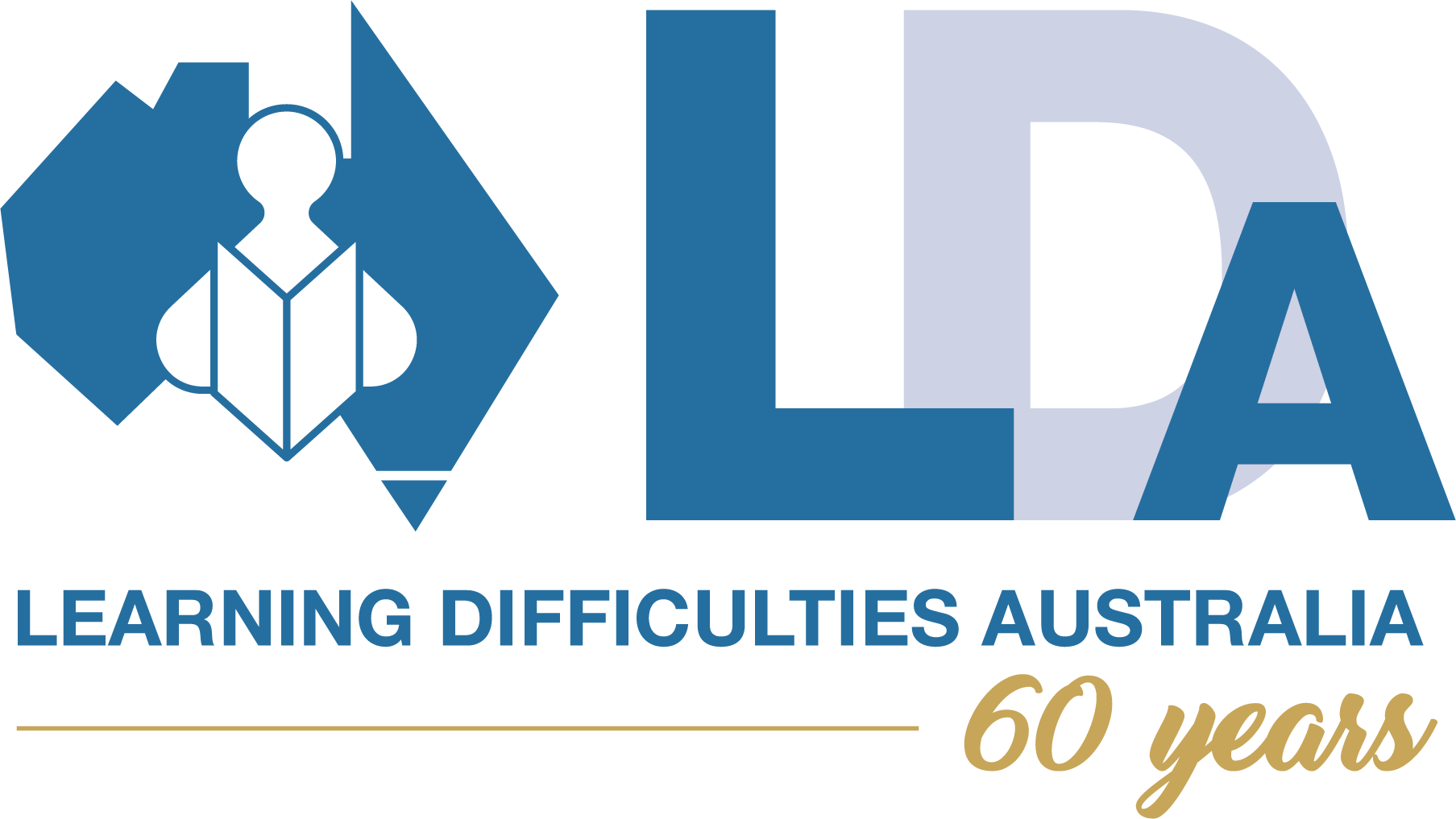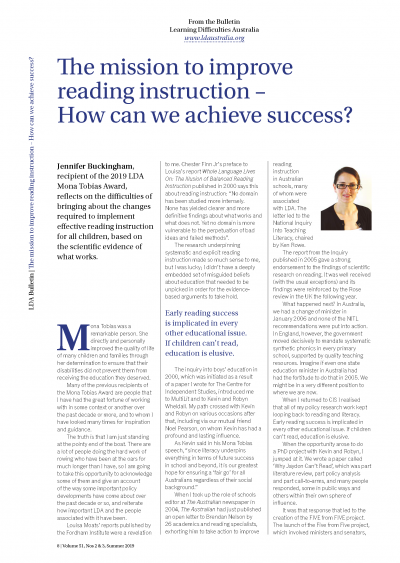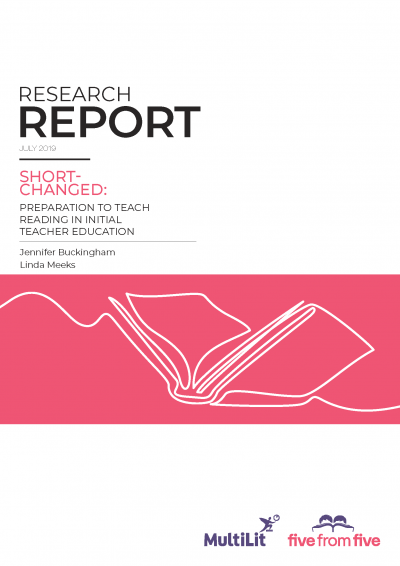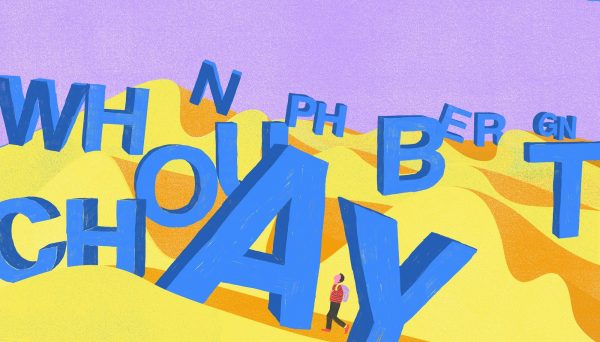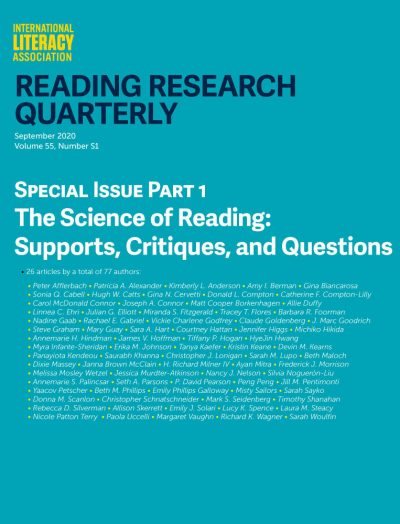
an the science of reading contribute to improving educational practices, allowing more students to become skilled readers? Much has...
an the science of reading contribute to improving educational practices, allowing more students to become skilled readers? Much has been learned about the behavioral and brain bases of reading, how students learn to read, and factors that contribute to...
an the science of reading contribute to improving educational practices, allowing more students to become skilled readers? Much has been learned about the behavioral and brain bases of reading, how students learn to read, and factors that contribute to low literacy. The potential to use research findings to improve literacy outcomes is substantial but remains largely unrealized. The lack of improvement in literacy levels, especially among students who face other challenges such as poverty, has led to new pressure to incorporate the science of reading in curricula, instructional practices, and teacher education. In the interest of promoting these efforts, the authors discuss three issues that could undermine them: the need for additional translational research linking reading science to classroom activities, the oversimplified way that the science is sometimes represented in the educational context, and the fact that theories of reading have become more complex and less intuitive as the field has progressed. Addressing these concerns may allow reading science to be used more effectively and achieve greater acceptance among educators.
Read More
Read More
